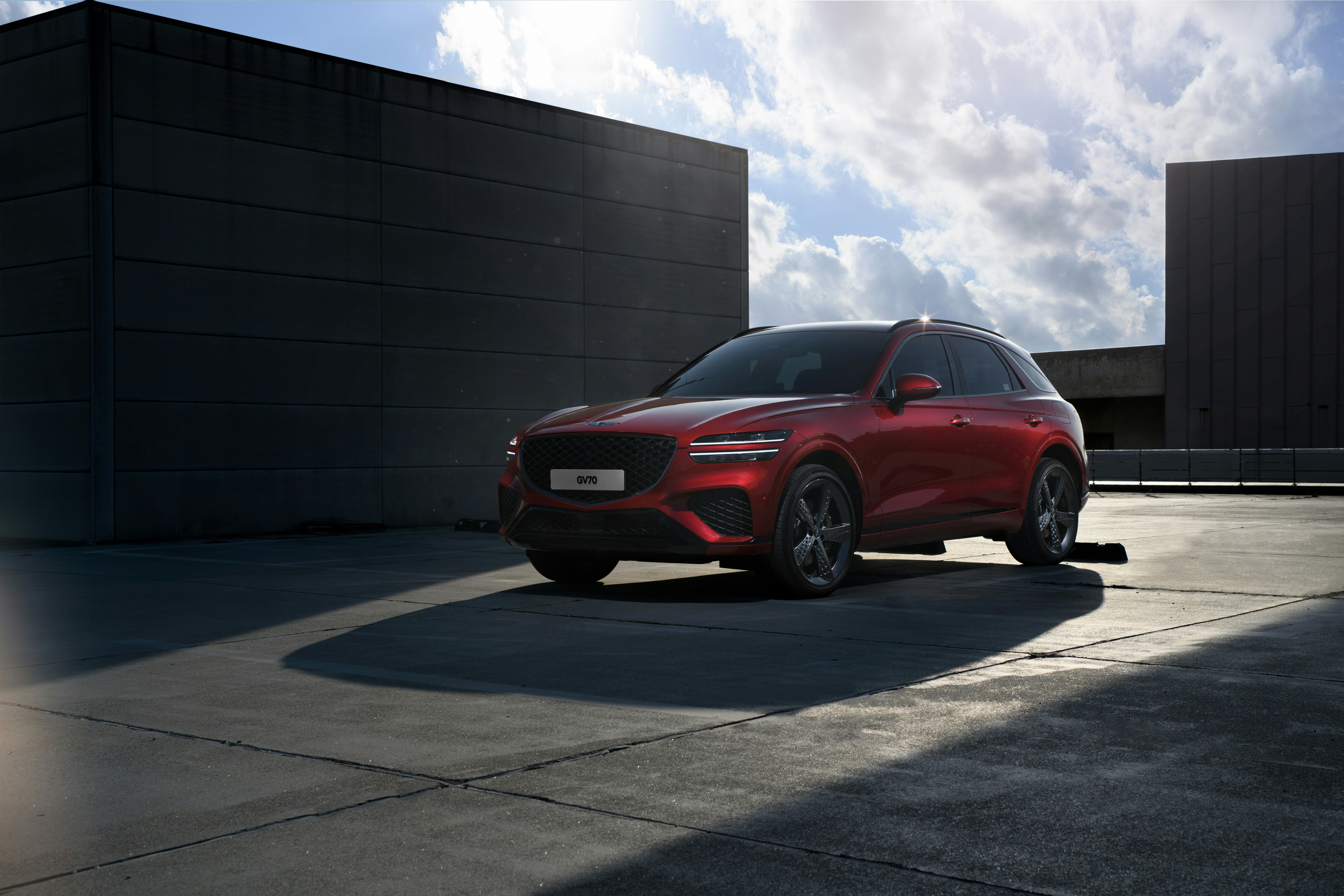The Future of Driving: Overview of Top Hybrid Cars
As the UK moves toward a greener and more sustainable future, hybrid cars are playing a crucial role in reducing emissions and fuel consumption. With the government’s goal to ban new petrol and diesel cars by 2035, many drivers are looking for hybrid alternatives that offer a balance between fuel efficiency and lower environmental impact. Hybrid vehicles combine electric motors with traditional internal combustion engines, providing an eco-friendly yet practical solution for modern driving.

The Future of Hybrid Cars: Revolutionizing UK Roads
The automotive landscape in the United Kingdom is undergoing a significant transformation, with hybrid cars at the forefront of this revolution. As concerns about environmental impact and fuel efficiency grow, hybrid vehicles are becoming increasingly popular among British drivers. This shift towards greener transportation options is not just a trend but a vital step towards a more sustainable future on UK roads.
Hybrid Technology: Bridging the Gap
Hybrid cars combine the best of both worlds, utilizing both traditional combustion engines and electric motors. This innovative technology allows for improved fuel efficiency and reduced emissions, making them an attractive option for environmentally conscious consumers. In the UK, where air quality concerns are paramount, hybrid vehicles offer a practical solution for those looking to reduce their carbon footprint without compromising on performance.
Popular Hybrid Models in the UK Market
The UK market boasts a diverse range of hybrid vehicles, catering to various preferences and needs. The Toyota Corolla Hybrid, known for its reliability and fuel efficiency, has become a household name. Honda’s CR-V Hybrid offers a spacious SUV option, while the Hyundai Ioniq Hybrid provides a sleek and modern design. For those seeking luxury, the Lexus UX 250h combines premium features with eco-friendly technology.
Government Incentives and Infrastructure
The UK government has implemented various incentives to encourage the adoption of hybrid and electric vehicles. These include grants for purchasing low-emission vehicles and tax benefits for company car drivers. Additionally, the expansion of charging infrastructure across the country is making it easier for hybrid owners to maximize their electric driving range, further reducing reliance on fossil fuels.
Environmental Impact and Fuel Savings
One of the most significant advantages of hybrid cars is their positive impact on the environment. By reducing CO2 emissions and improving air quality, these vehicles play a crucial role in meeting the UK’s climate goals. Moreover, hybrid owners can enjoy substantial fuel savings, especially in urban areas where stop-start traffic allows for more efficient use of electric power.
The Road Ahead: Advancements and Challenges
As technology continues to evolve, hybrid cars are becoming more sophisticated and efficient. Manufacturers are investing heavily in research and development to improve battery life, electric range, and overall performance. However, challenges remain, including the need for more widespread charging infrastructure and addressing concerns about battery longevity and recycling.
Comparing Popular Hybrid Models in the UK
To help you navigate the hybrid car market in the UK, we’ve compiled a comparison of some popular models:
| Model | Type | Electric Range | Starting Price (Est.) | CO2 Emissions (g/km) |
|---|---|---|---|---|
| Toyota Corolla Hybrid | Compact | 30-50 miles | £24,185 | 76-98 |
| Honda CR-V Hybrid | SUV | 1-2 miles | £32,470 | 120-126 |
| Hyundai Ioniq Hybrid | Hatchback | 30-40 miles | £23,840 | 79-85 |
| Lexus UX 250h | Compact SUV | 1-2 miles | £29,955 | 120-137 |
Note: Prices and specifications are estimates and may vary. Please conduct independent research for the most up-to-date information.
The future of hybrid cars in the UK looks promising, with continued advancements in technology and growing consumer interest. As the country moves towards its goal of phasing out petrol and diesel vehicles, hybrids serve as an important transitional technology. They offer a practical solution for those not yet ready to switch to fully electric vehicles, while still contributing to a cleaner, more sustainable transportation system.
The shared information of this article is up-to-date as of the publishing date. For more up-to-date information, please conduct own research.




